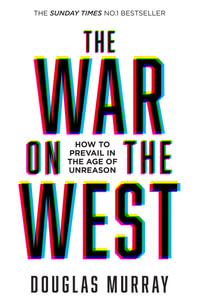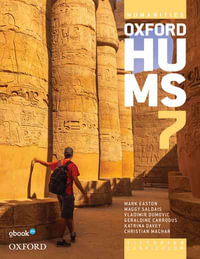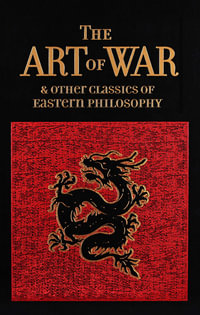The Antonines - Antonius, Pius, Marcus Aurelius, Lucius Verus and Commodus - played a crucial part in the development of the Roman Empire, controlling its huge machine for half a century of its most testing period.
Theirs was a period when art and literature were flourishing. It was also a time of social and political change, and there are still many unanswered questions: did the Antonines' rule contain the seeds of later decay? How did the Christians fare? Was Commodus as bad as he was made out to be? Michael Grant examines these issues with clarity and skill.
The importance of the Antonines is manifold, but it mainly lies in the fact that they represented an age of transition'. They were playing gigantic parts in the massive historical drama that was unfolding, a drama which was destined to transform the Roman Empire from its ancient mould and bring it into the Middle Ages.
Michael Grant is one of the world's greatest writers on ancient history. He has had a distinguished academic career, most recently as Vice-Chancellor of Queen's University, Belfast, and has published over fifty books.
Industry Reviews
The distinguished, prolific classical historian (Constantine the Great, p. 681, etc.) here critically examines the reigns of the Roman Empire's three Antonine emperors (A.D. 138-192). Eighteenth-century historian Edward Gibbon considered the reigns of Antoninus Plus (A.D. 138-161) and Marcus Aurelius (A.D. 161-180) the period "during which the condition of the human race was most happy and prosperous." Grant looks carefully at this traditional view of the Antonine Pax Romana and points out that during Antoninus Pius's long rule there were disturbances in Greece, Britain, Dacia, Judaea, and Africa; he also criticizes Pius's administration as static, backward-looking, and uncreative, though competent enough. At his death, in a decision that presaged the disastrous power-sharing arrangements of the later empire, Antoninus Plus bequeathed a shared authority to Marcus Aurelius and Lucius Verus (who died a natural death in A.D. 169). Aurelius, author of the Stoic classic Meditations, ruled successfully during a turbulent period; he had to stave off challenges to Roman role in Britain and Gaul, fight wars against the Parthians and on the Danube frontier, and govern an empire riven by a grave pestilence. Weakened by "incessant winter campaigning," he died on the Danube frontier in A.D. 180, leaving the empire in the hands of his son, the cruel megalomaniac Commodus (A.D. 180-192), whose reign is noteworthy mainly for its absolutism and arbitrary violence. Grant reviews Antonine art, architecture, literature, and rhetoric, arguing that thematically (the rejection even by pagan writers of classical paganism) and in style and form (the works of Apuleius presage the modern novel) Antonine culture marks a transition from the ancient to the early medieval world. With characteristic lucidity, Grant shows that Rome during its vaunted "golden age" contained seeds of its future collapse and of the Europe to come. (Kirkus Reviews)























